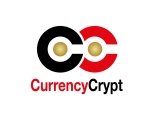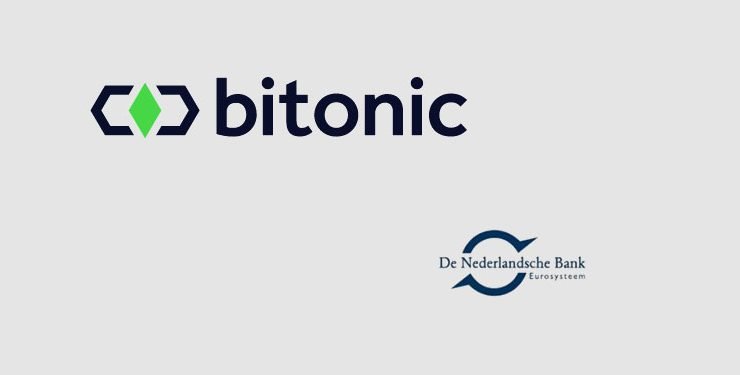Bitonic, a Netherlands-based bitcoin exchange company, announced that De Nederlandsche Bank NV (DNB), the central bank of the country, has acknowledged a recent objection made by Bitonic with regard to the so-called wallet verification requirement. The regulator formally recognized Bitonic’s view that the requirement as presented was unlawful and should never have been made during registration:
“After reconsideration, DNB comes to the conclusion that this interpretation of Article 2, second paragraph, RtSw, given by DNB, does not do enough justice to the discretion that an institution has to implement this standard in a risk-oriented manner. DNB has therefore incorrectly set the registration requirement as a condition. for the registration of Bitonic.”
In other words, DNB admits that Bitonic was right. It is the outcome of an order by the court that the Dutch supervisor should motivate its registration decision better. In essence, DNB chose to revoke the requirement as laid out in the registration decision.
“DNB declares the objection well-founded and revokes its primary decision of 17 November 2020, insofar as this relates to the interpretation of Article 2, second paragraph, of the RtSw with the registration requirement, advocated by DNB.”
This means that Bitonic will remove the wallet verification measures as soon as possible. For example, the exchange will no longer ask for all transactions a copy of your wallet screenshot. The company is also further investigating which other simplifications are possible.
The Bitonic team made the following statement:
We are pleased that this relieves our customers of an unlawful and onerous procedure. At the same time, we are concerned that the regulator only responded to the complaints of industry after the intervention of the court. What if Bitonic hadn’t gone to court? We hope that politicians will reflect on this further. As a result of this situation, the entire Dutch cryptosector was unduly confronted with high costs and administrative burdens. This is despite previous warning of our sector as to the risk of and the infringement of customer privacy have not been properly. As such, the process we have gone through has harmed innovation and the business climate in the Netherlands. This is in stark contrast to the claim that the Netherlands stimulates an innovative business climate. Further analysis and follow-up steps will follow as we further study the formal decision. For now the outcome is a positive step for the Netherlands as well as the international community. It is now clear that cryptosupervisors may not unduly deny crypto-companies access to the markets on the basis of reguirements and a procedure with unsound legal basis.





Comments (No)